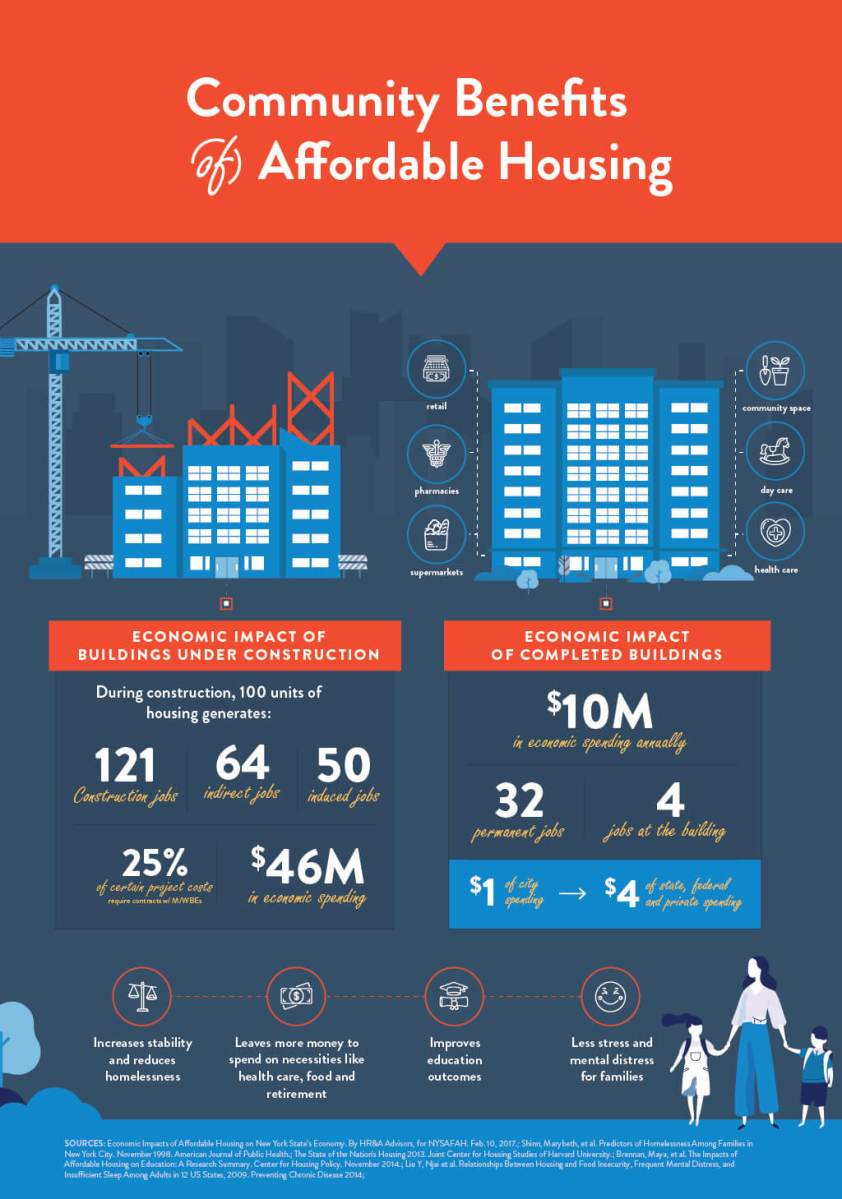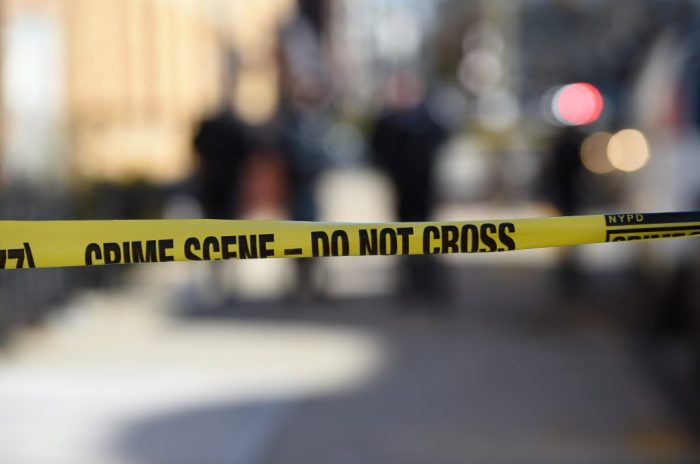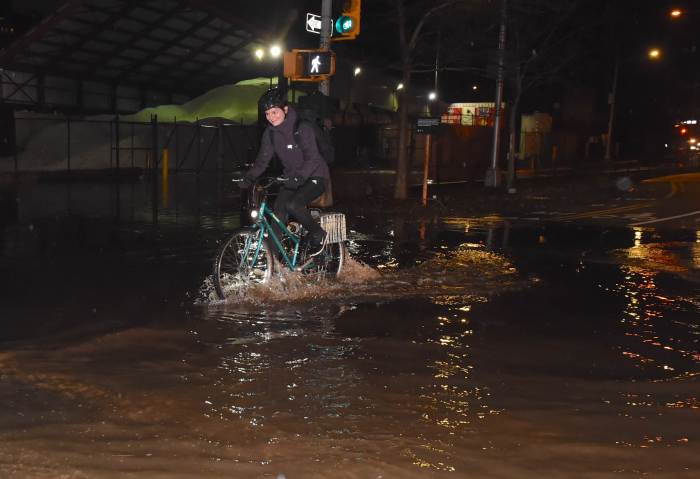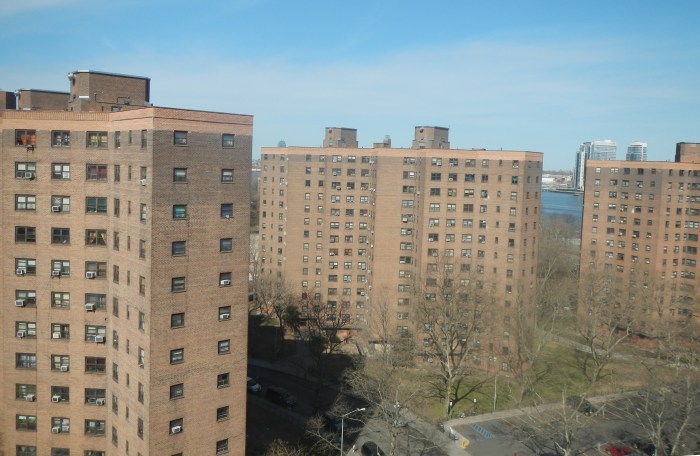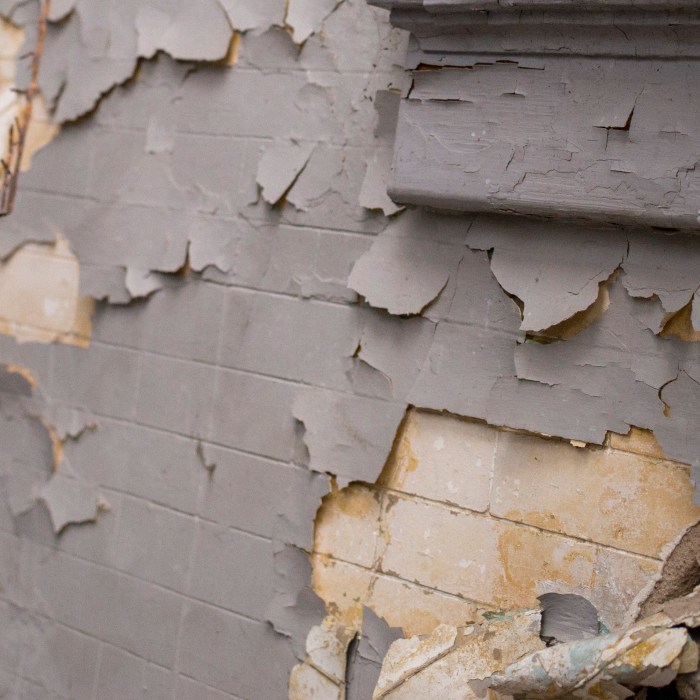A coalition of over 80 organizations united to develop a comprehensive housing report for the next mayor of New York City.
Although all eyes are still on Washington D.C. and the upcoming presidential inauguration, the race for New York City mayor is beginning to heat up. Candidates are placing their bids to become the next mayor, in which the lucky winner of the November election inherits a massive housing crisis, food insecurity, and a host of other issues that have been grossly exacerbated due to the COVID-19 pandemic.
Over 78,000 New Yorkers are now homeless and numerous more individuals are on the cusp of eviction. For almost a year, the pandemic has escalated these numbers to a point where stability is almost unimaginable for some. During this time, protections have been put into place, such as an extension of the residential moratorium—preventing evictions until May 1st for those experiencing hardships due to the pandemic—and relief programs are being created to manage the dire situation.
The United for Housing from the Ground Up has analyzed New York City’s living environment and has proposed an extensive blueprint to resuscitate housing before it completely falls apart throughout 2021. This official report was released last month, composing a framework that puts NYCHA at the forefront, championing the voices of residents in decision-making and overhauling management opportunities.
Rachel Fee, the Executive Director at New York Housing Conference, spoke with amNewYork Metro in an effort to explain the particulars of the United for Housing Report, and how the pandemic has truly showcased the importance of housing protection.
“When your protection from a deadly virus is your housing, you know it really underscores the importance of having affordable housing. Right now, tens of thousands of New Yorkers are at risk of losing their housing because of the rent accumulated, because of loss of employment due to COVID,” Fee said.
This report originated in September 2019, when the New York Housing Conference amassed a wide range of stakeholders to discuss the opportunity to work with a new mayor on housing policy, investment, and overhauling the system.
“We convened more than 80 organizations. Over the course of the year, we put together five working groups and had this broad range of stakeholders thinking through how to improve housing policies. We had experts in finance, in housing development, homeless and other issue areas that intersected housing, like healthcare and criminal justice,” Fee said.
This $4 billion housing budget plan was carefully created to detail a course of immediate action for the next mayor. The plan details ways to combat the housing crisis by intervening, preventing, or at least decreasing the number of homeless individuals in the city.
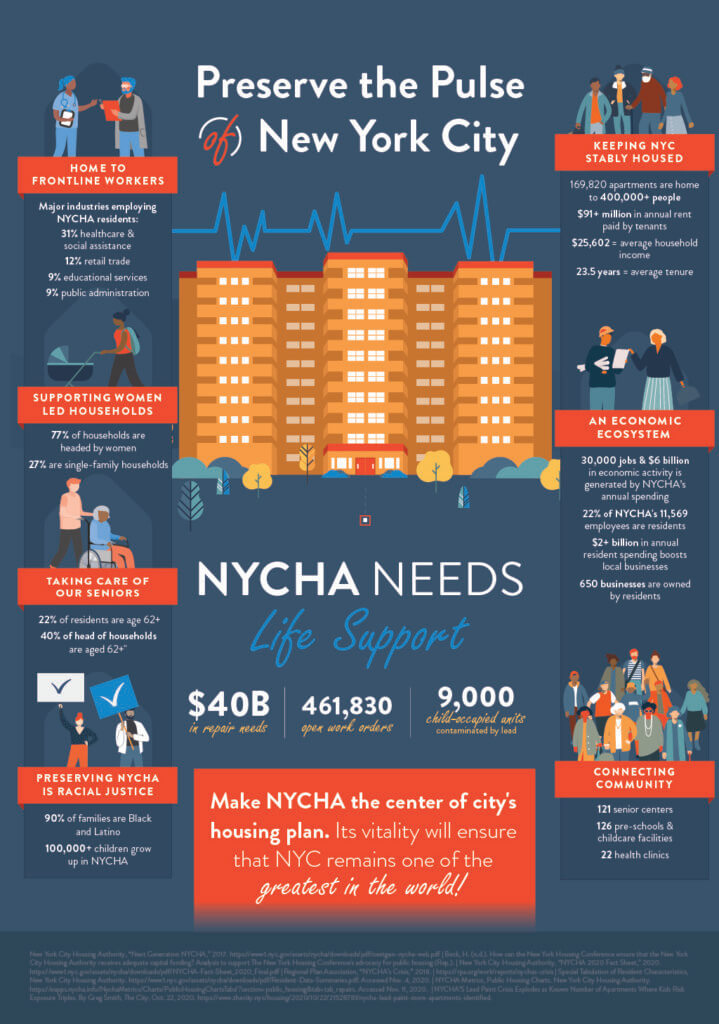
When the pandemic hit, the members of the coalition group reevaluated their plan and saw many apparent housing disparities. They shifted their focus, developing NYCHA as the center of the proposal while also highlighting the crucial goals to prevent homelessness. But not all of these issues are COVID symptoms, housing has been a big problem prior to the novel coronavirus.
“The importance of our work is focusing on housing investment and bringing more housing opportunities to New York City. Clearly COVID showed the inequities that have been facing our city for decades. We saw that very clearly in the disproportionate impact COVID had on communities of color, and also the emergency it was for homeless New Yorkers. So, I think we made some changes related to COVID, but I think it really underscores the importance of building out more affordable housing in New York, centering investment on preserving public housing,” Fee said.
This guideline lays out preliminary options to transform hotels that are on the cusp of closure, and illegal basement apartments into permanent affordable housing residences as well as rezoning affluent neighborhoods. The blueprint starts off by acknowledging that there are systemic racial inequities within our housing policies and system. In order for the next mayor to move forward, these barriers need to be reversed.
The United for Housing from the Ground Up surmised that a $1.5 billion annual investment needs to be made toward NYCHA (matched with state funding) to restore housing stock, $2.5 billion would be allocated to creating housing rental and homeownership opportunities, $200 million in New York State rental assistance, and starting at City Hall an overhaul of inter-agency coordination to streamline housing development and coordination.
This week, the coalition will be speaking with mayoral candidates about the United for Housing Plan to determine if they will endorse the capital investments and agree to the guiding principles of their report.
“We are just starting a process of engaging the mayoral candidates. So, this report is really a blueprint for them to think about how to invest strategically in affordable housing, how to think about solving some of our toughest housing challenges and some of the solutions that they can look to,” Fee said.
In March, the New York Housing Conference is planning on hosting a public forum to engage candidates on their housing positions.



